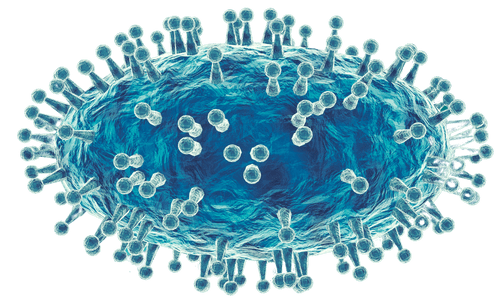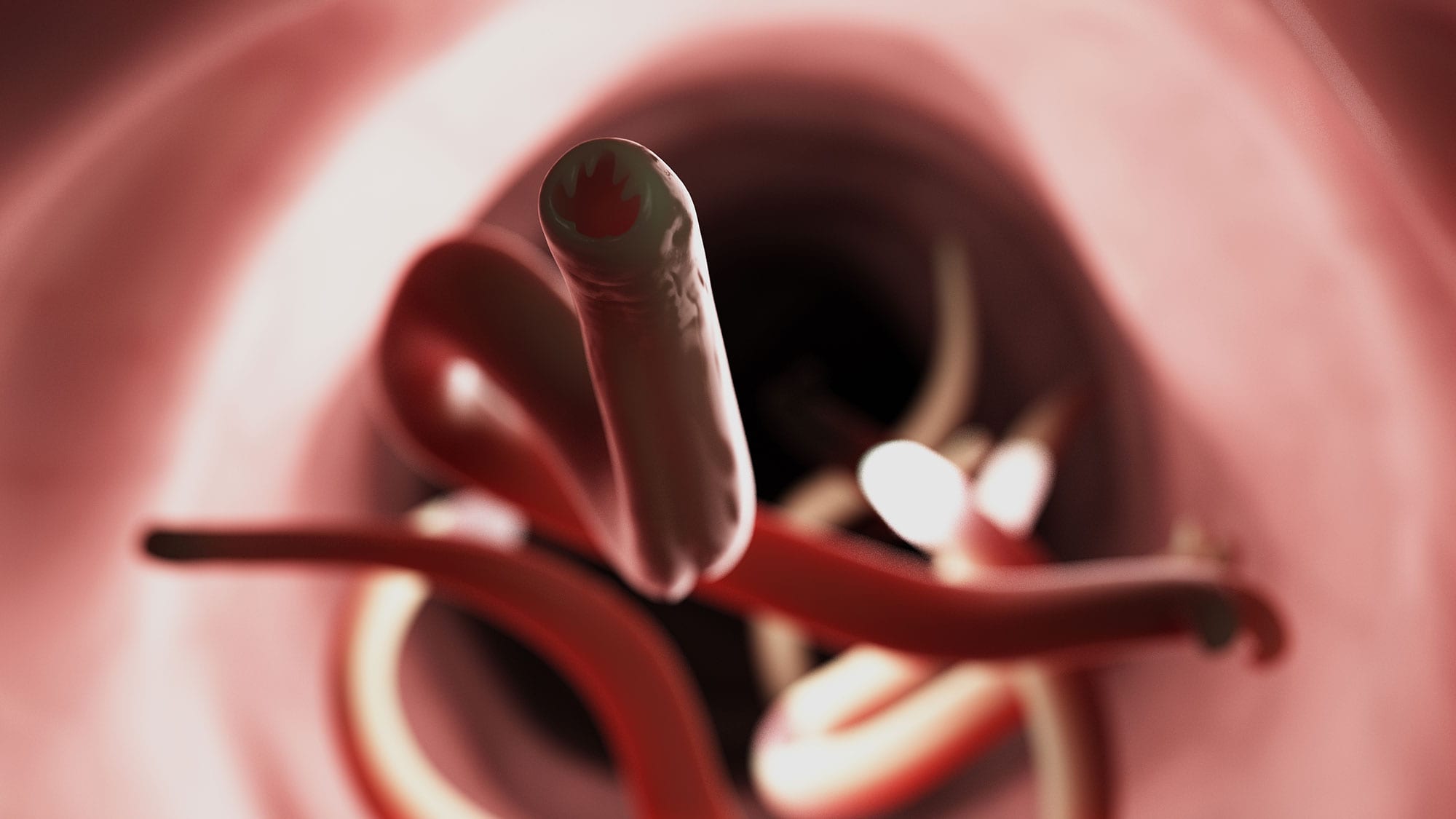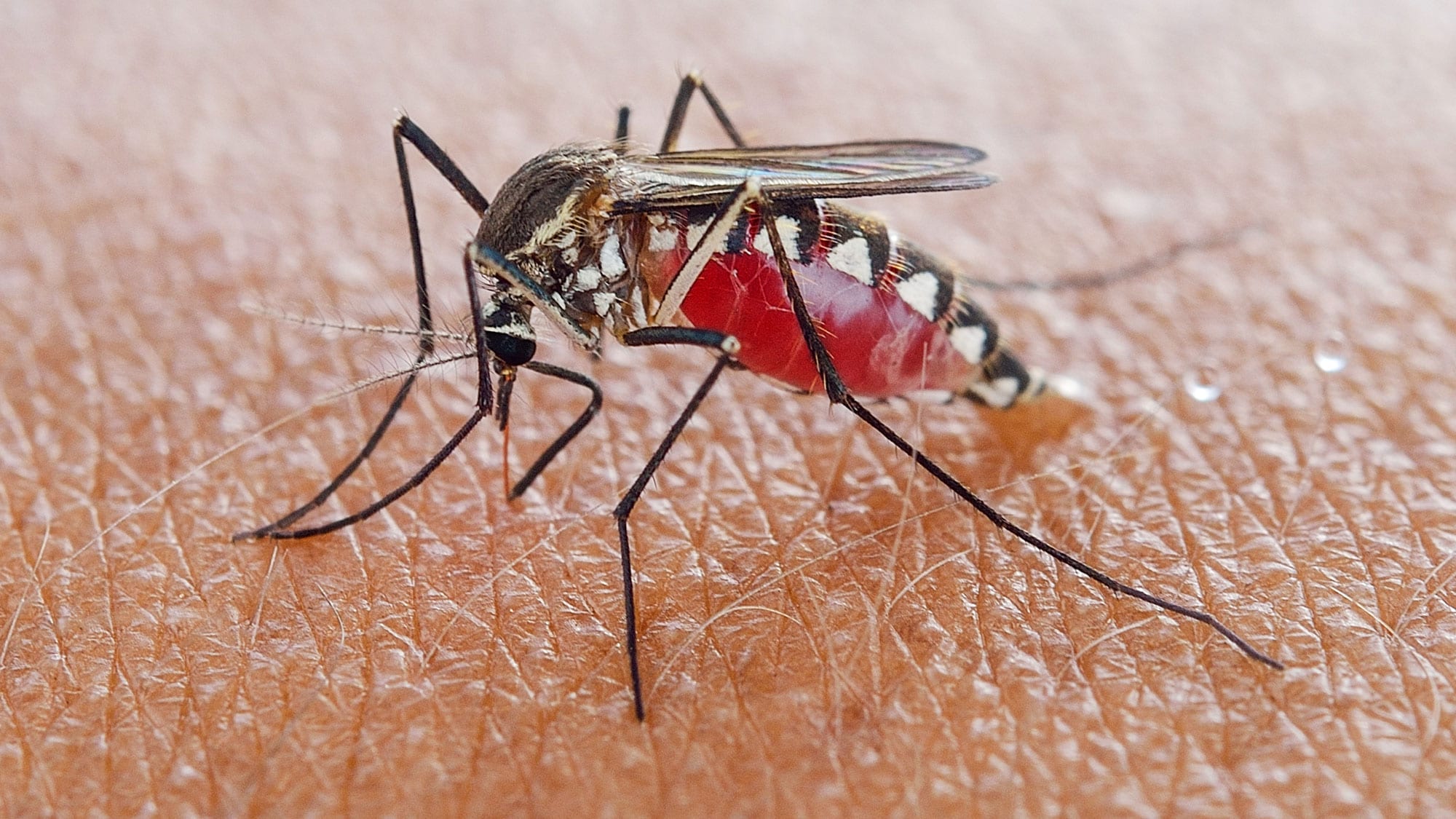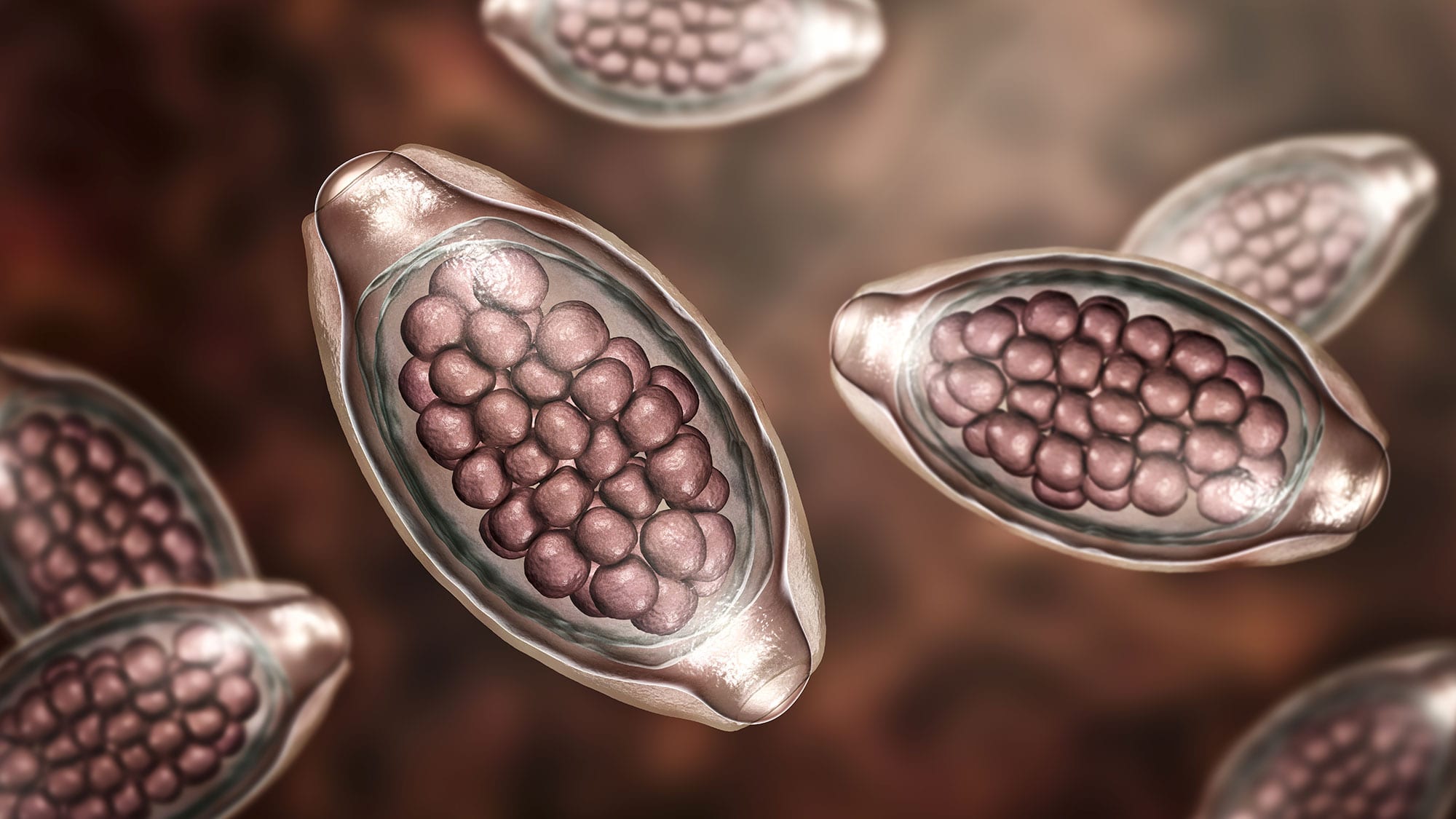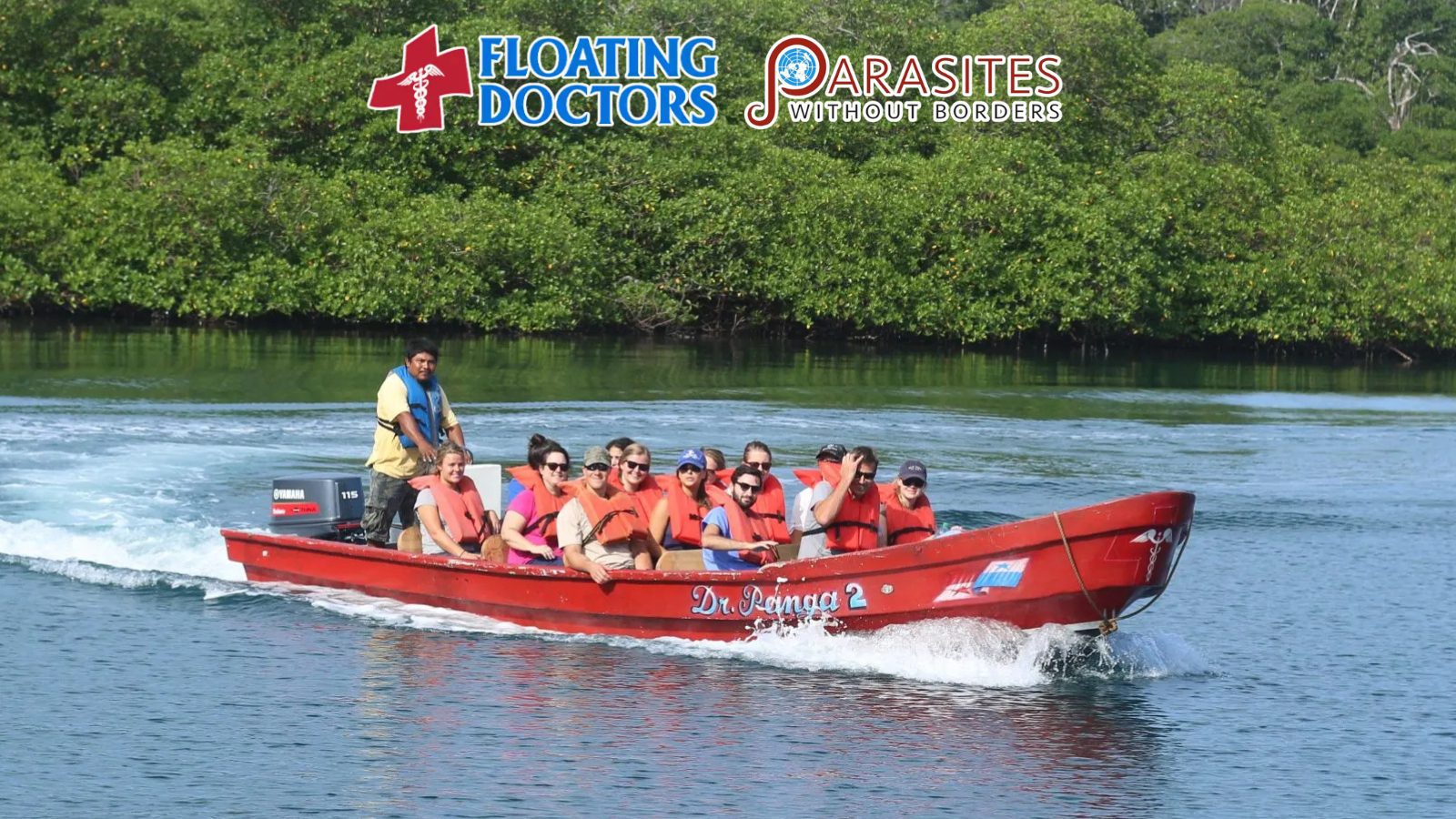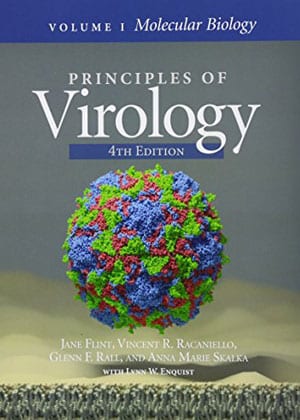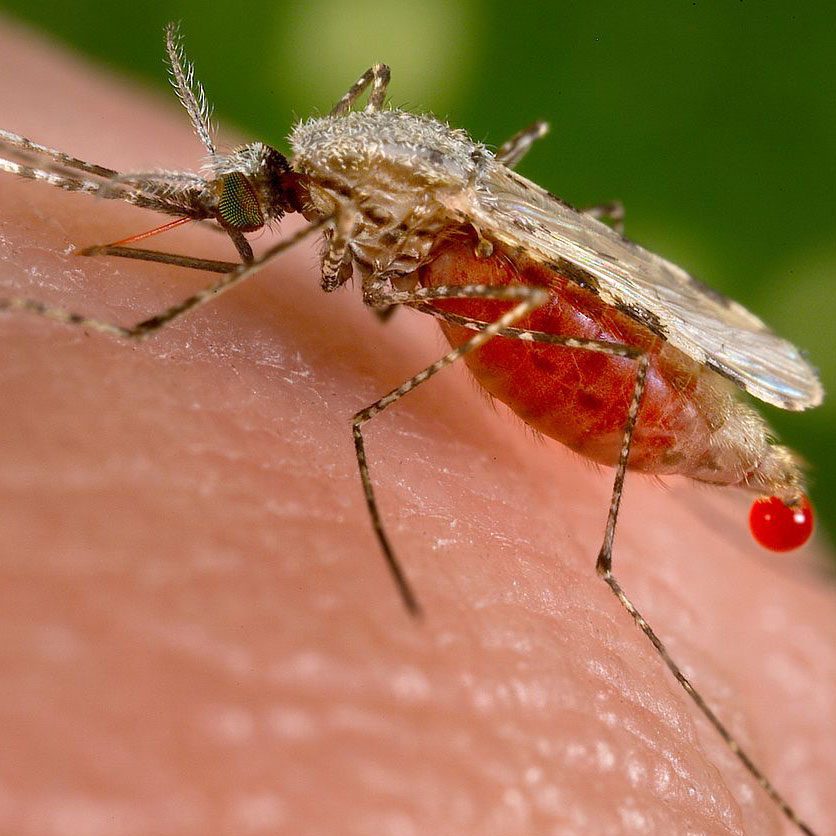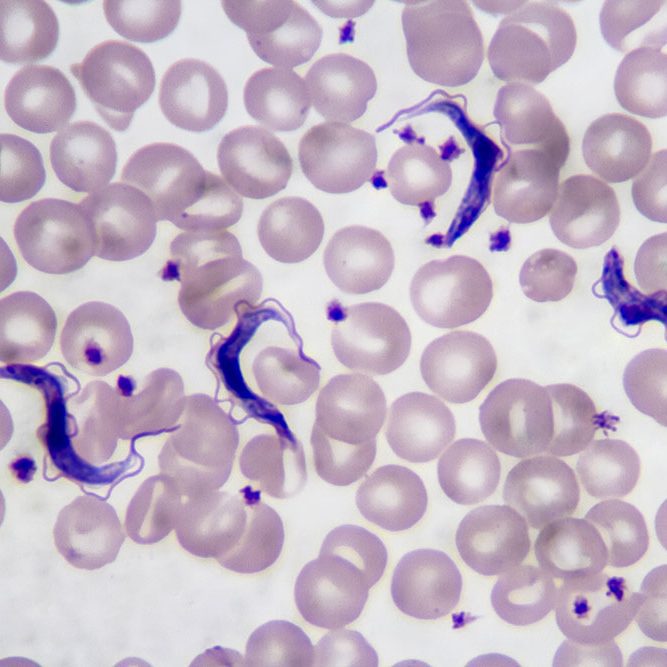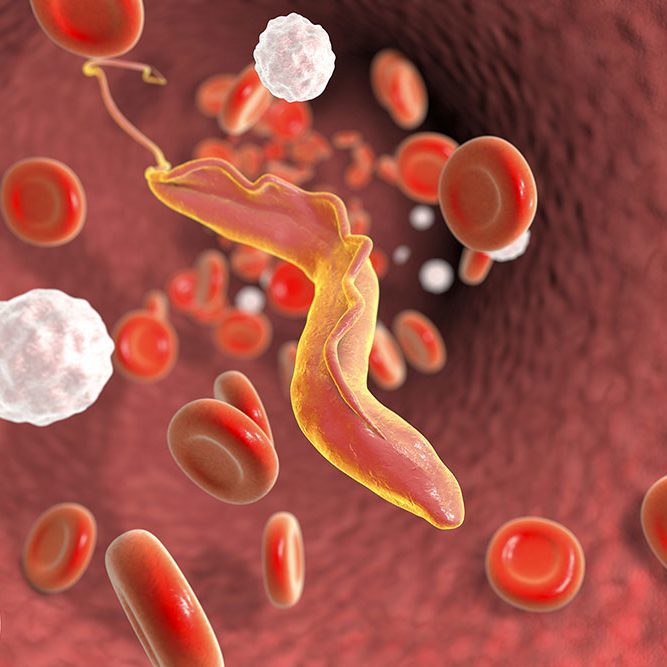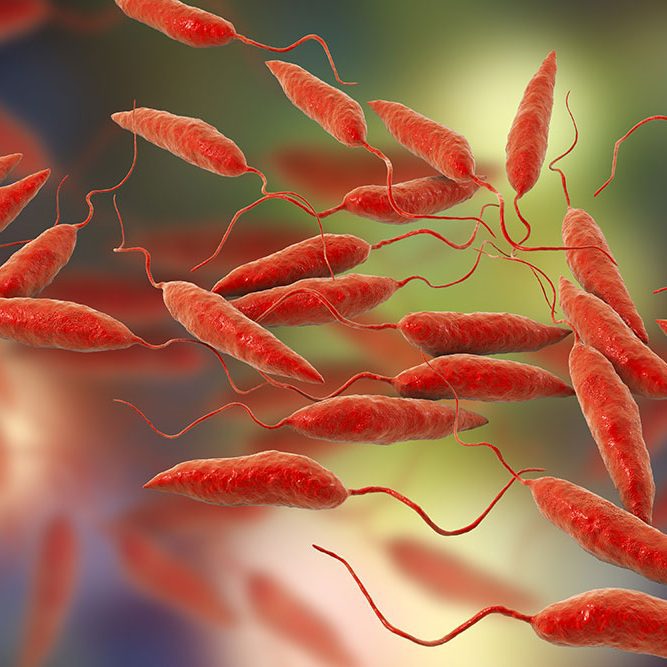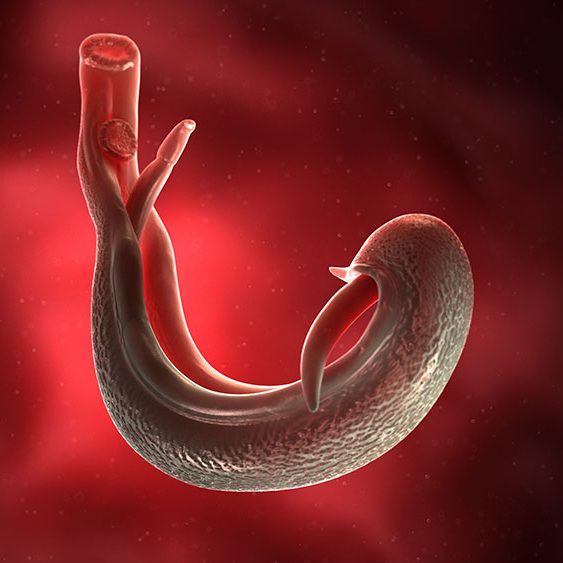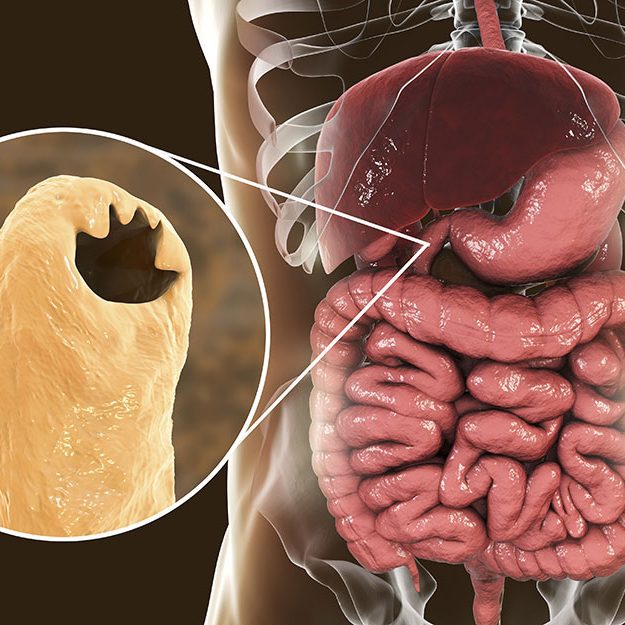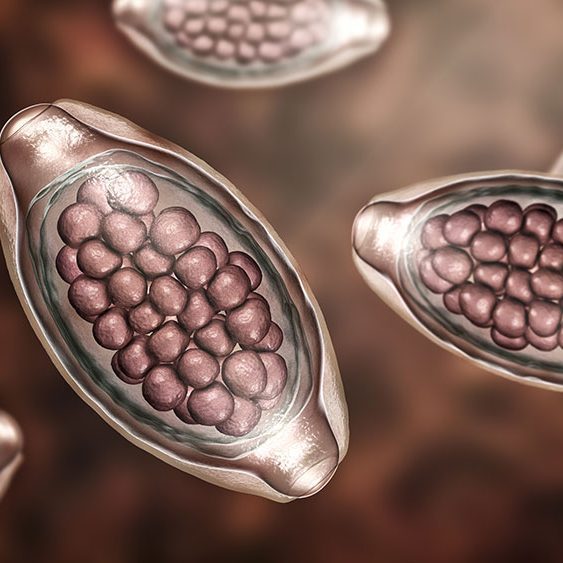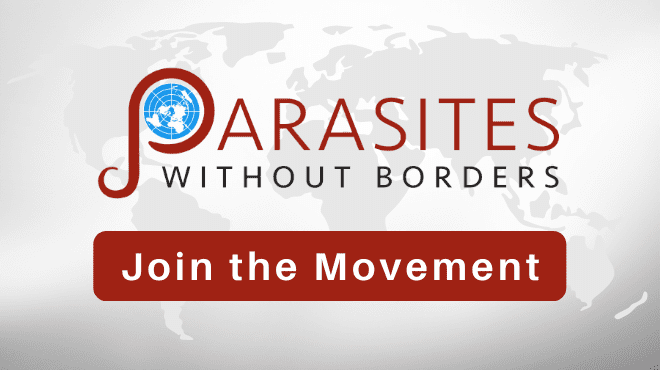
GET INVOLVED!
Parasites Without Borders disseminates FREE educational resources to those applying the medical knowledge to populations most in need.
Join the Parasites Without Borders online network and be part of the movement to spread life-saving medical knowledge around the world.
Throughout February, March And April, All Donations Made To Parasites Without Borders Will Be Matched By PWB And Donated To Floating Doctors
Throughout February, March, and April, donations made to Parasites Without Borders (PWB) will be matched by the organization and donated to Floating Doctors with a minimum pledged donation of $10,000 dollars and a total gift up to $20,000. Floating Doctors is a global health nonprofit with a mission to reduce the present and future burden of disease in the developing world, and to improve healthcare delivery worldwide.
Did you know that 80% of the world's population lives within five miles of a coast? Poorly charted waters and rugged terrain, political factors, social disenfranchisement, poor health knowledge, poverty and lack of infrastructure separate these communities from care. Founded in 2010, Floating Doctor's programs address individual and community healthy by providing acute and ongoing medical care, education, training, community projects and preventative health interventions to create sustainable improvements in health — currently serving rural areas of Panama. Learn more at www.floatingdoctors.com
Authoritative Learning Materials
For Educators
Books
Our books, are required reading for physicians planning to practice abroad to gain a better understanding of the common infections they will likely be seeing and treating.
Certification Exams
A team of physicians who are certified in caring for parasitic infections will serve to increase the safety and overall success of your organization's missions abroad. Learn more about our certifications.
Video Courses
Parasitic Diseases Lectures is a 45 part video series that explores the biology and pathogenesis of protozoan and helminth parasites. The Medical Handbook for Limited Resource Settings is also a comprehensive e-learning video course that can be accessed here on our website.
Our Books
Parasites Without Borders offers several books for FREE and for purchase for educators.
The Problem
Common Parasitic Infections
The world is getting smaller. Global shrinkage is real and is driven by information overload from the internet, CNN, The BBC, NPR, and Al jazeera, to name a few. All the while, the human population continues to grow, exacerbating unresolved issues of rapid urbanization that is being caused by the predictable adverse effects of rapid climate change on the environment. Yet, for some of us, especially if we are among the few millions of lucky ones, our lives will continue essentially unchanged, enriched by complex, interesting cultures. We will work hard for our income, and most importantly we will not worry about where our next meal comes from. Becoming physically and psychologically compromised by some exotic disease entity – malaria or schistosomiasis – seems as remote a possibility as waking up surrounded by a host of other life-threatening issues.
Our Team
For the purpose of eliminating human suffering due to parasitic infections it is essential that there is more and better education for all those in a position to apply medical knowledge directly to populations most in need of solutions to alleviate the burden of parasitic diseases. The three of us have had a life-time of experience in teaching parasitic diseases to students of medicine, both within the U.S.A. and abroad.

Daniel Griffin, MD, PhD
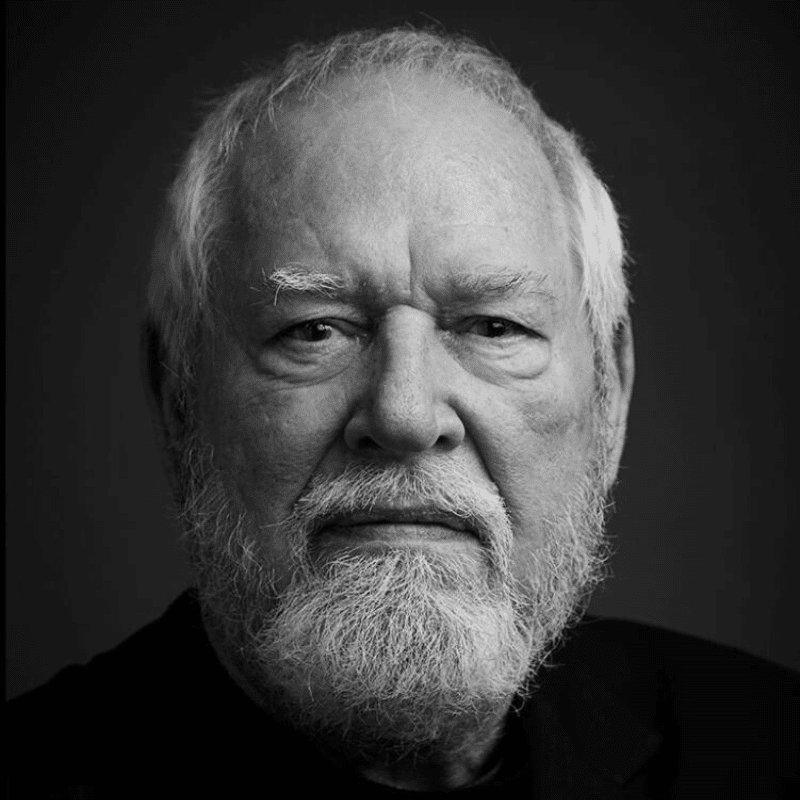
Dickson D. Despommier, PhD

Charles A. Knirsch, MD, MPH

Peter J. Hotez MD PhD FAAP FASTMH
Professor of Pediatrics and Molecular Virology & Microbiology at Baylor College of Medicine
Director of the Texas Children’s Center for Vaccine Development (CVD) and Texas Children’s Hospital Endowed Chair of Tropical Pediatrics


